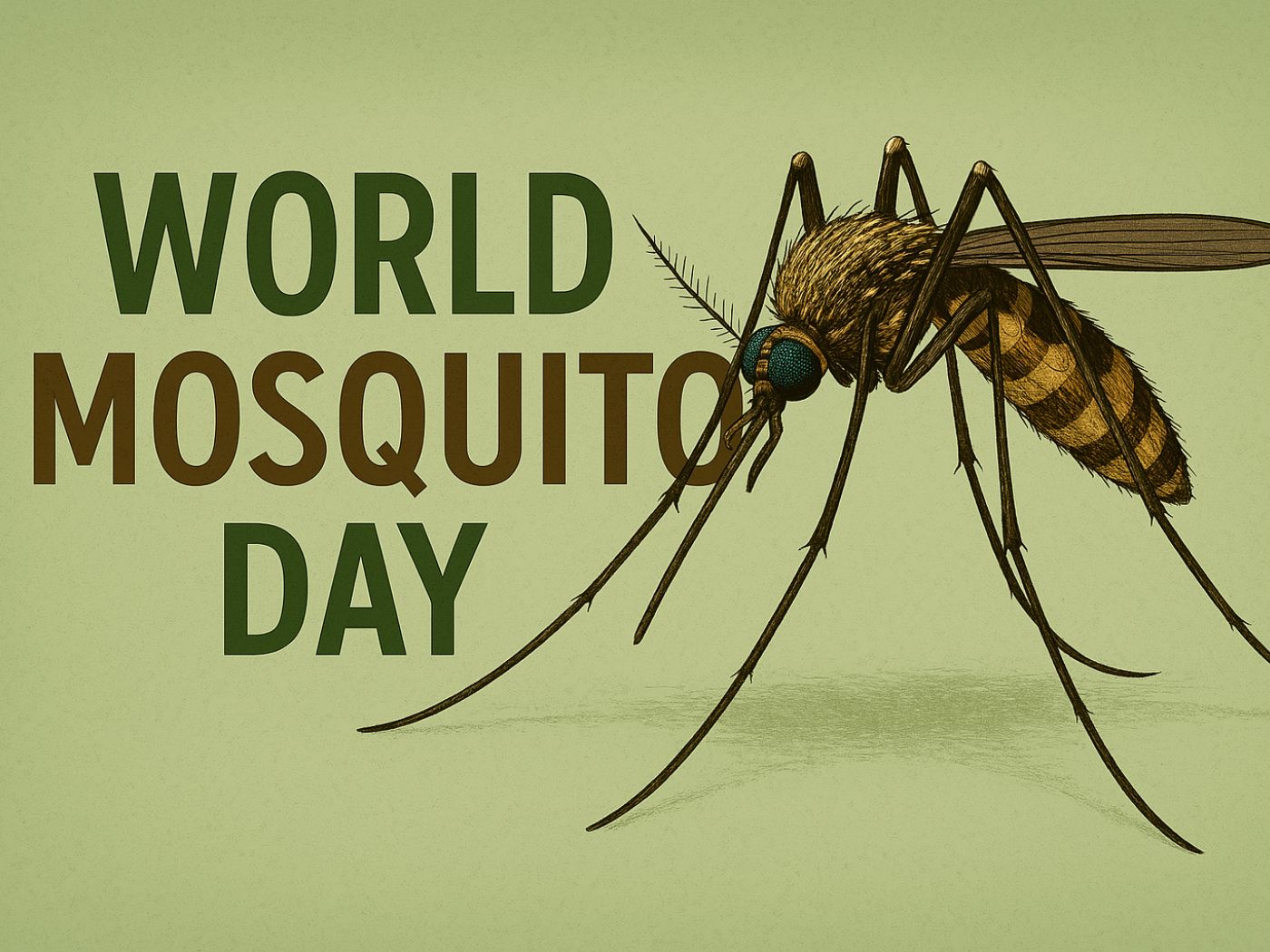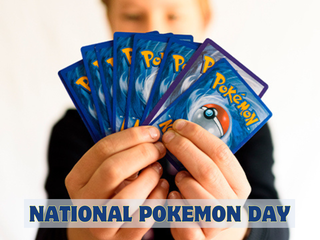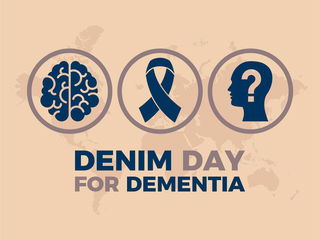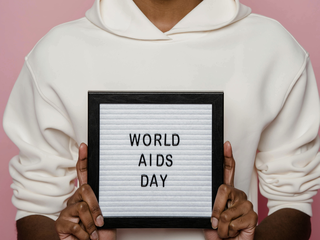- Calendar
- Calendar 2026
- August
- World Mosquito Day
World Mosquito Day
World Mosquito Day observed on August 20 every year commemorates a pivotal scientific breakthrough in the fight against malaria.
This day honors the groundbreaking discovery made by British doctor Sir Ronald Ross in 1897, that female Anopheles mosquitoes are responsible for transmitting malaria between humans.
This breakthrough not only revolutionized medical science but also laid the foundation for mosquito control efforts that continue to save millions of lives worldwide.
The day serves as a powerful reminder of the fight against malaria and aims to raise awareness about the disease’s impact and the ongoing efforts to eradicate it.
The Threat of Malaria
Malaria is a life-threatening disease caused by Plasmodium parasites and primarily spread by female Anopheles mosquitoes, has historically endangered nearly half the world’s population and continues to impact millions today, especially in Africa, Asia, Latin America, and parts of Europe and the Middle East.
Origin of World Mosquito Day
August 20, 1897, marks the day when Sir Ronald Ross discovered that malaria parasites develop inside mosquitoes and are passed onto humans through their bites while working in a tiny lab in Secunderabad, India,
Although Ross had previously studied bird malaria, this discovery proved for the first time that mosquitoes were the vectors of human malaria, a game-changer in public health.
Ross referred to the day as “Mosquito Day” and even noted the cloudy weather in his diary. His findings earned him the Nobel Prize in Physiology or Medicine in 1902.
The Sir Ronald Ross Institute of Parasitology in Hyderabad, which is situated on the site of his laboratory, features a museum that is dedicated to his work.
History of Mosquitoes
For thousands of years, mosquitoes have been responsible for transmitting deadly diseases like malaria, dengue, and yellow fever. Ancient texts from India, Greece, and Rome describe mysterious fevers with symptoms similar to malaria.
Before the discovery of mosquito transmission, treatment relied heavily on quinine—a compound found in the bark of the cinchona tree. Quinine helped relieve symptoms but did nothing to prevent new infections.
Thanks to Ross's discovery, scientists and governments began focusing on mosquito control through methods like draining swamps, using bed nets, and spraying insecticides.
How to Celebrate World Mosquito Day
World Mosquito Day is more than just a historical marker, it's a powerful call to action in the fight against malaria and other mosquito-borne diseases.
You can observe this day by learning more about how malaria spreads and the vital role mosquito control plays in prevention.
Sharing facts, stories, or infographics on social media can help raise awareness and educate others about the global impact of mosquitoes.
Donating to organizations dedicated to malaria research, treatment, and prevention is another meaningful way to contribute.
On a personal level, you can take preventive steps by using mosquito repellents, installing mosquito nets, and ensuring your surroundings are free from stagnant water where mosquitoes breed.
Supporting scientific research and innovative health programs also plays a crucial role in pushing us closer to a malaria-free world.
Every small action adds up in this ongoing global fight, reminding us that even the tiniest creatures can have massive consequences, and that together, we can make a difference.
For More Information, read World Malaria Day.

Other Celebrations
-
Feb 13 Fri
-
Mar 20 Fri
-
Apr 07 Tue
-
Apr 18 Sat
-
Apr 25 Sat
-
Jan 16 Sat

World Mosquito Day - Next years
Friday, 20 August 2027
Sunday, 20 August 2028
Monday, 20 August 2029











